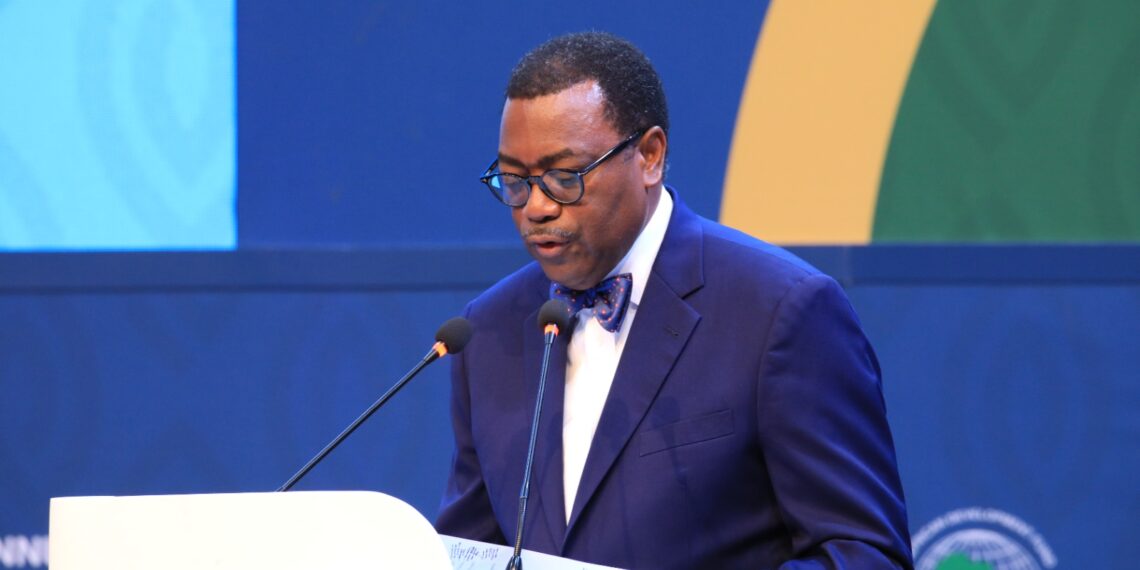
Stakeholders Commend CBN’s N100Bn Intervention Fund for Health Sector
- Health Sector
- No Comment
- 245
Stakeholders have commended the progress made by the Central Bank ofNigeria’s (CBN) N100 billion Pharmaceutical Intervention fund for COVID-19 which was part of proactive measures to cushion the impact of the pandemic on the economy.
They said most local pharmaceutical industries, with the help of the fund, have been able to boost their production capacities to manufacture facemasks, personal protective equipment (PPP), hand sanitisers, gloves, anti viral drugs, ventilators, medical supplies, and vaccines.
In response to COVID-19 pandemic, CBN last April took measures to extend credit facilities of up to N100 billion to support intervention efforts geared towards the healthcare sector.
It was to stimulate economic activities locally within the healthcare sector while making products and services readily available to service Nigerians, thereby building, diversifying, and expanding the capacity of the Nigerian healthcare sector.
However, it was learnt from the CBN that N93 billion of the fund has already been disbursed to beneficiaries and serious positive impact has also been felt in the private sector, as envisioned by the apex bank.
The intervention was with a view to strengthening the sector’s capacity to meet potential increase in demand for healthcare products and services.
Specifically, the scheme was to provide credit to indigenous pharmaceutical companies and other healthcare value chain players to build or expand capacity.
It is expected to increase private and public investment in the healthcare sector, facilitate improvements in healthcare delivery, and reduce medical tourism to enhance foreign exchange conservation.
Chairman, Pharmaceutical Manufacturers Group of Manufacturers Association of Nigeria (PMG-MAN), Dr. Fidelis Ayebae, hinted that every company that met the loan requirement got it. “We are happy with CBN for the initiative and the way it was implemented.
“Members that are yet to access it are working with the commercial banks with whom they have a relationship to close up documentation gaps before moving on to CBN. Overall, it is success in intervention.
Some of the impact can already be seen in the financial performance of the early recipients of the loans.”
Speaking also, President, Nigerian Association of Resident Doctors (NARD), Dr. Uyilawa Okhuaihesuyi, explained that the federal government, through the CBN, offered pharmaceutical companies and medical practitioners low interest rate loans up to N100 billion from March last year as intervention to improve local manufacturing and increase their capacities to combat the ravaging COVID-19 pandemic and other related health challenges. “It is commendable.”
A Consultant Pharmacist and Medical Director, Merit Healthcare, Dr. Lolu Ojo, noted: “I know some big companies that got the money. Many companies have offers but funds were released late. Although there were challenges, the intervention fund has made huge impact.”
Now, pharmacists under the aegis of the Pharmaceutical Society of Nigeria (PSN) have confirmed that they have accessed over 90 per cent of the N100 billion COVID-19 intervention fund for the healthcare/pharmaceutical industry.
President, PSN and Convener, the New Nigeria Group (NNG), Mazi Sam Ohuabunwa, said: “I have said it over and over. The CBN and COVID-19 intervention funds, a laudable idea as it is, is yet to achieve its objectives. The impact of difficulty in forex access is that it portends grave danger and may undermine the noble objectives.
“First, the longer it takes to get the machines and equipment in, the longer it will be for Nigeria to begin to see an enhanced local production. Second, the longer it takes, the more difficult it will be for the benefitting companies to begin production and generate cash flow to meet the interest and repayment obligation, as the moratorium is fast approaching.”
He also highlighted that with forex at rates higher than the planned or forecasted rates in the business plan, the money received in Naira may no longer be sufficient to meet the stated needs. “And fourth is that the longer the Naira is left in the banks awaiting piecemeal allocation of forex, the faster the value depreciates by growing inflation and the fewer the number of machinery and equipment or even raw materials that can be bought.”
Acting Head, Corporate Affairs of the CBN, Mr. Osita Nwanisobi, said the Health Sector Intervention Facility (HSIF) was established to address health infrastructure decay in the country.
Nwanisobi said: “Over N85 billion has been disbursed to date covering 82 projects. N22.5 billion was disbursed to States for revamping of primary health care centres across the country.
“On monitoring, we are evaluating the utilisation and thus far there has not been any diversion. We need to understand that this is a health intervention and the health sector is regulated. What you may refer to absence of evidence of investment in the sector is because the beneficiaries are doing the right thing by going through the regulatory hurdles for each stage of utilisation. Soon the impact will be obvious. Besides, the CBN also carry out impact assessment of the facility.”
He said the HSIF has been used to finance the following: acquisition and installation of 16 magnetic Resonance Imaging (MRI) Machines across the country; and acquisition and installation of 22 medicals scanning machines by hospital across the country. “These are verifiable and we confirm that they have been installed,” Nwanisobi said.
Rebecca Ejiforma
ThisDay
Read more: https://www.thisdaylive.com/index.php/2021/09/02/stakeholders-commend-cbns-n100bn-intervention-fund-for-health-sector/






